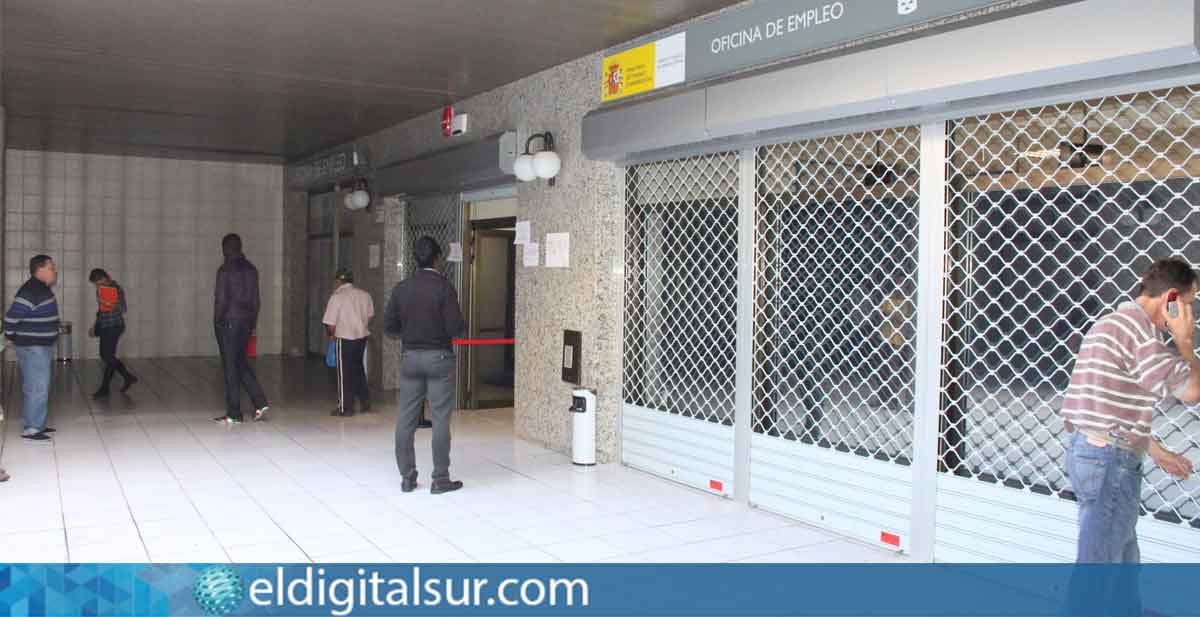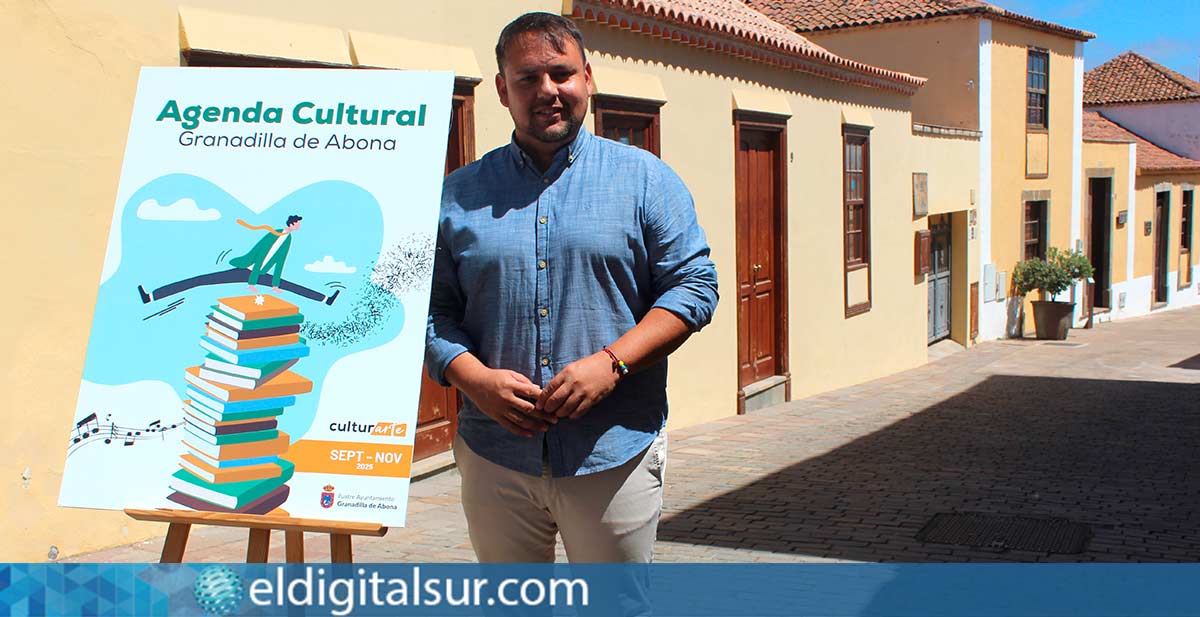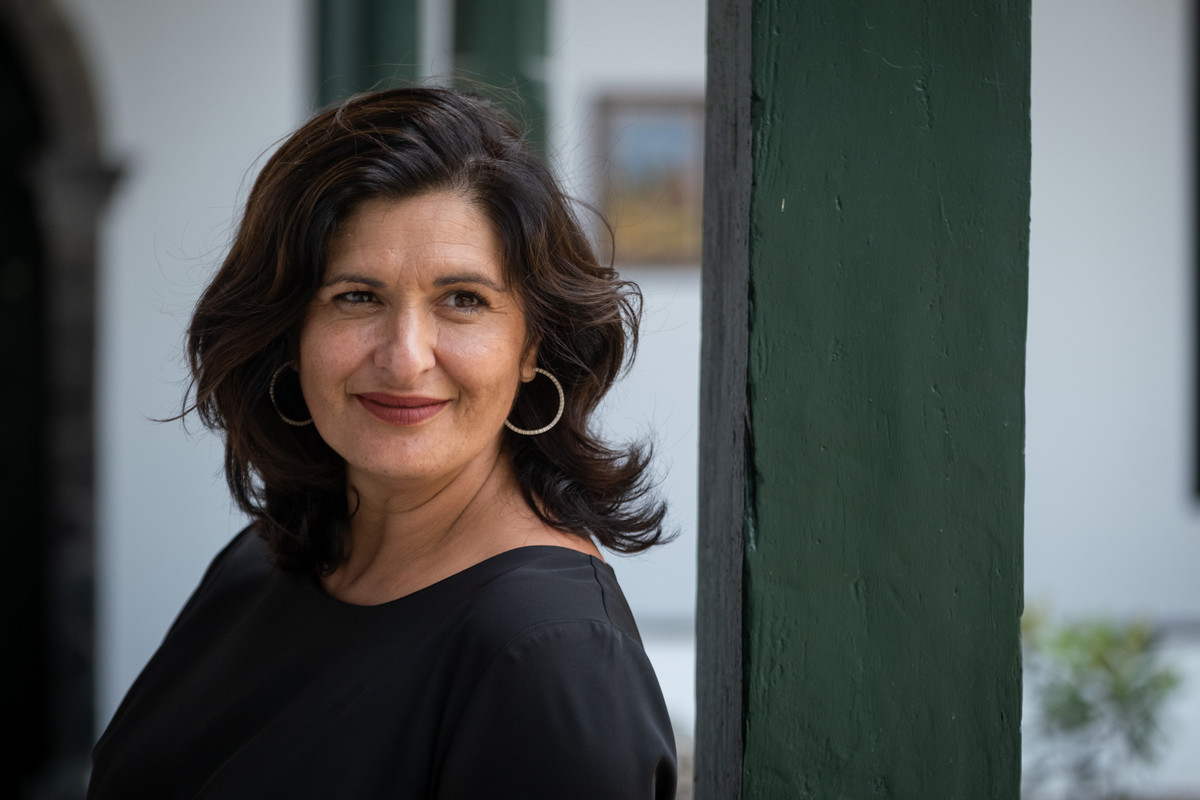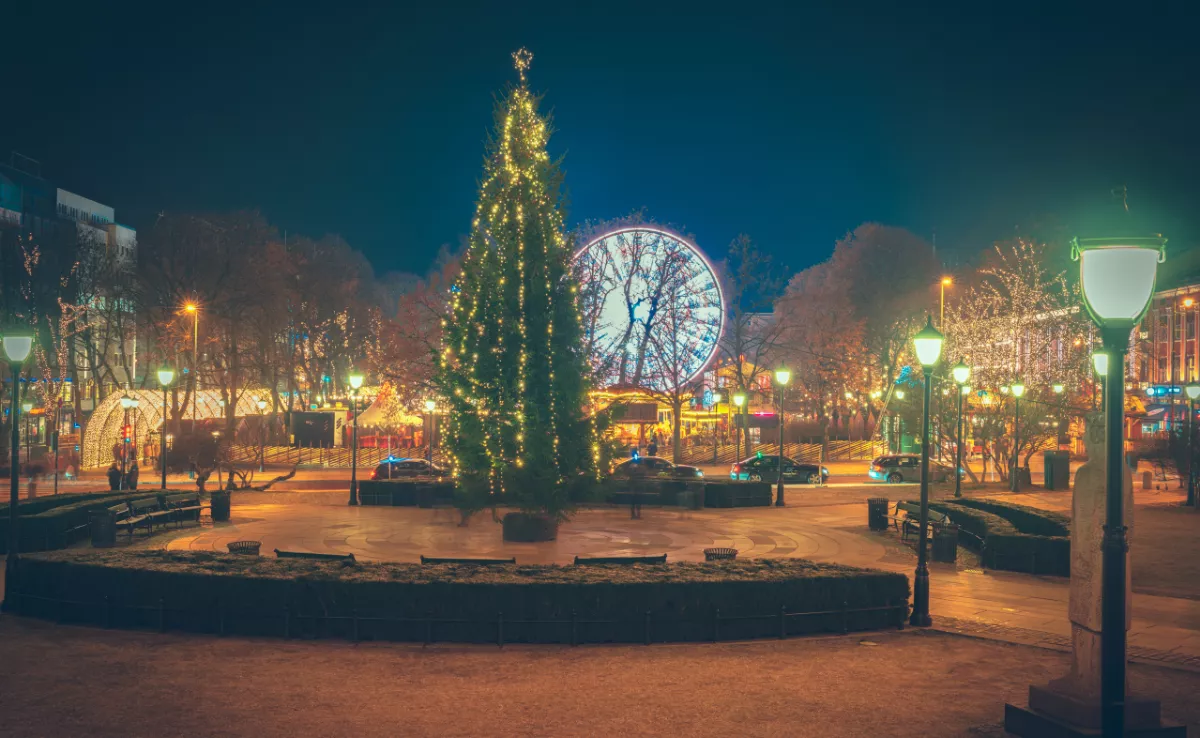Celebrating a Legacy: Juan Peña’s Journey at the Barranco Hondo Petrol Station
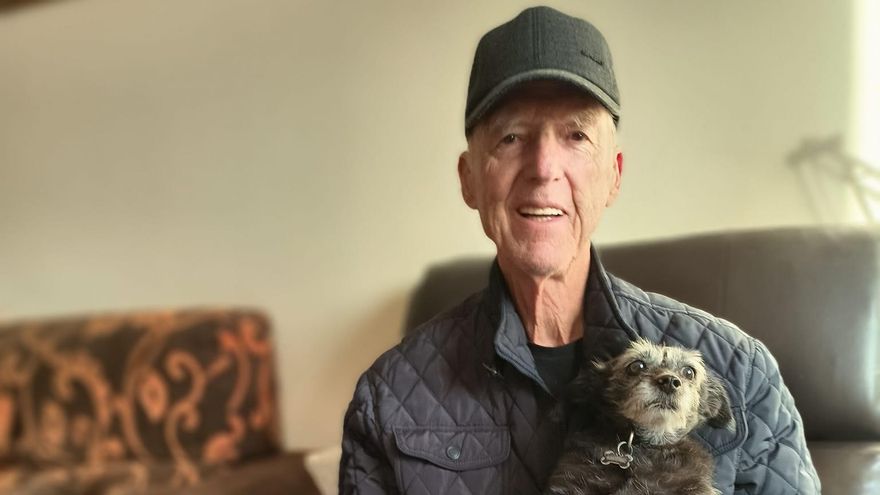
Juan Peña savours the tranquillity of his retirement. From the beige armchair in his home, surrounded by family, he watches his one-year-old grandson navigate the living room, bringing toys to capture his attention. Earlier this year, he brought his career at the family petrol station to a close.
A Special Birthday Celebration
On 8 September, he celebrated his 75th birthday by blowing out the candles on a sugar-free cake – essential due to his diabetes – adorned with tributes to his fondest things: his dog Zorro and a dragon fruit tree, a new obsession of his.
The Oldest Petrol Station
Peña has petrol in his blood. His grandfather, also named Juan Peña, opened the Barranco Hondo service station in April 1926, now considered the oldest in Tenerife.
Initially, the business was straightforward, consisting of an underground tank with a pump and two dispensers: one for petrol and another smaller one inside a drum. “I built up muscles because when the drum ran out, I had to lift the pump until it was empty,” he recalls.
For 27 years, Peña was the lifeblood of a business that became a symbol of Barranco Hondo. Before the construction of the southern motorway in the 1970s, the station was a mandatory stop on the old road between Santa Cruz and Güímar, being the only one along the route.
The petrol station shared the spotlight with the family bar situated directly opposite. Travellers often stopped there to eat before refuelling. “Everyone knew my family,” he notes.
Life Around the Dispensers
His life revolved around the dispensers, opening from Monday to Saturday from 6:00 to 22:00. Always alone. To manage those marathon shifts, his two daughters and ex-wife would bring him food or relieve him briefly so he could “dash home, eat quickly, and return in a rush.
More than Just a Service
Before settling at the petrol station, Peña began studying for a teaching degree but soon abandoned it for a job at a block-making factory in the Güímar industrial estate. It was then that his father posed the question that would steer him towards the service station: “What need do you have to work there when the petrol station is next to home?” And that was it, there was no turning back.
At the station, he learned to do everything: change tyres, check spark plugs, replace oils… The service extended beyond just supplying petrol and became increasingly comprehensive. Over time, the workload became excessive, requiring him to hire someone to assist him.
While the petrol station never ceased to be what it always was – a small, family-run, vital hub for the community – Peña reflects, “I feel that I have provided a public service to the municipality of Candelaria and the people of Barranco Hondo.”
Decades of lifting cars took a toll on his back, leading to a pinched vertebra that required surgery, during which they inserted “a couple of screws.” Although he returned to work, he could no longer manage the heavier tasks and focused only on the essentials: supplying fuel. As his daughter Nuria notes, “The petrol station has given him all the good things he has, but also all the bad.”






